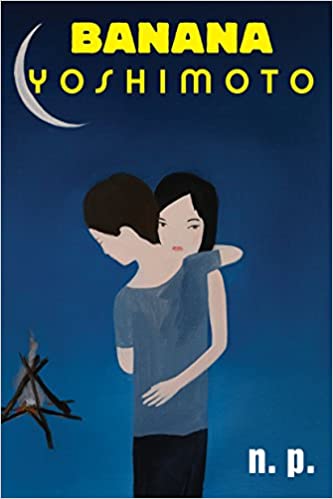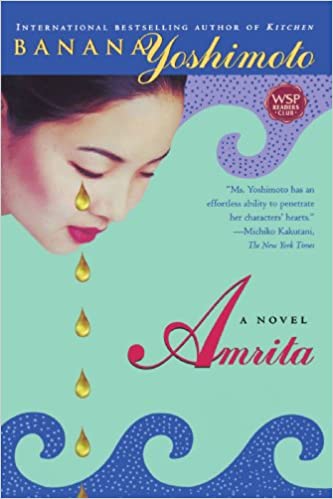סופר
סופר
סופר
סופר









"מועדון הספר של עופרה ווינפּרי", נוסד ביום שישי אחד, ע"י צעיר חביב שהחליט לרכז את רשימת הכותרים הראויים לפקוד כל בית-אם במדינת ישראל ומחוצה לה (רובם אף פוקדים את ביתו שלו!). הרשימה מכילה גם כותרים שהם לא כל-כך ראויים, אך בהתחשב בכך שבעל רשימת הקריאה כבר קרא אותם, אולי מוטב לו יאמר עליהם מילה או שתיים. ויש גם בלוג: http://freakam.wordpress.com כנסו, יהיה כיף!









"מועדון הספר של עופרה ווינפּרי", נוסד ביום שישי אחד, ע"י צעיר חביב שהחליט לרכז את רשימת הכותרים הראויים לפקוד כל בית-אם במדינת ישראל ומחוצה לה (רובם אף פוקדים את ביתו שלו!). הרשימה מכילה גם כותרים שהם לא כל-כך ראויים, אך בהתחשב בכך שבעל רשימת הקריאה כבר קרא אותם, אולי מוטב לו יאמר עליהם מילה או שתיים. ויש גם בלוג: http://freakam.wordpress.com כנסו, יהיה כיף!





